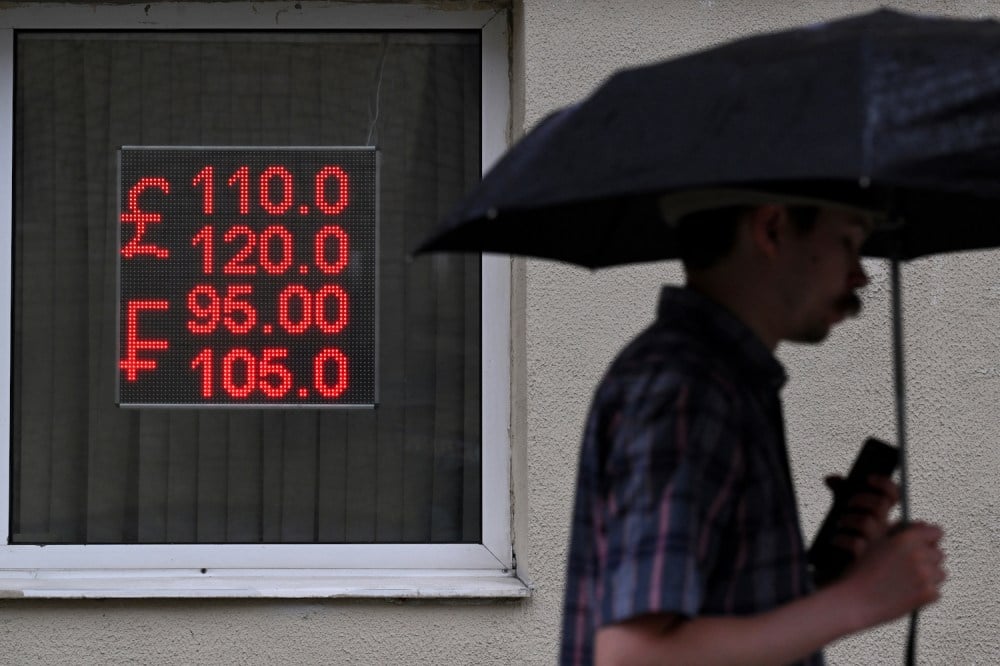The United States and G-7 have recently unveiled additional economic sanctions against Russia in response to its invasion of Ukraine, further escalating measures already in place. Despite the economic pressures, the Russian economy is projected to experience a growth rate of 3.2 percent this year, surpassing the United States’ forecasted growth of 2.7 percent, as reported by the International Monetary Fund (IMF).
This economic resilience displayed by Russia could be attributed to a strategic shift towards prioritizing military support within its economy. This trajectory is expected to be further reinforced under the leadership of Andrei Belousov, Russia’s newly appointed defense minister and notable economic expert.
The decision to integrate military and economic agendas may lead to a deepening interdependency between the two sectors in Russia, indicating a potential acceleration of this trend under Belousov’s guidance. This intersection of military and economic strategies could have far-reaching implications for Russia’s future economic development and geopolitical positioning.
As Russia continues to navigate the challenges posed by international sanctions and geopolitical tensions, the alignment of its economic policies with military priorities under Belousov’s stewardship heralds a significant shift in the country’s strategic trajectory. This evolving dynamic between Russia’s military and economic spheres will undoubtedly shape the country’s economic performance and global standing in the years to come.
